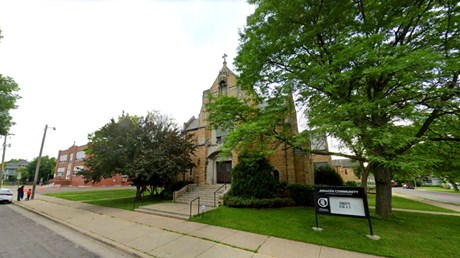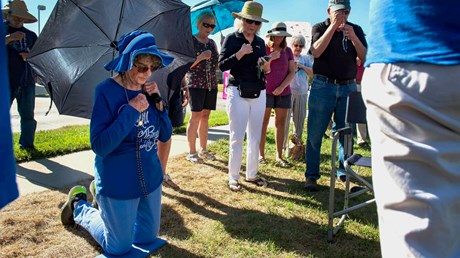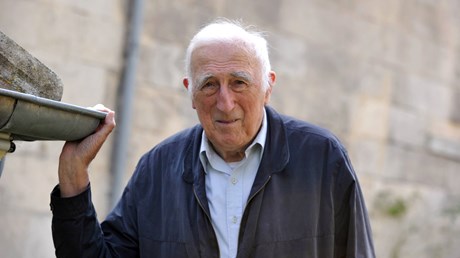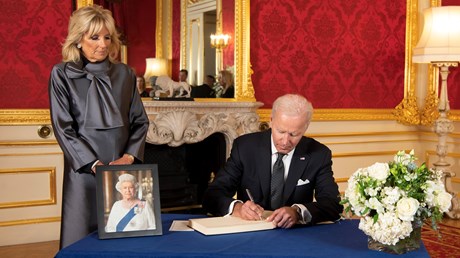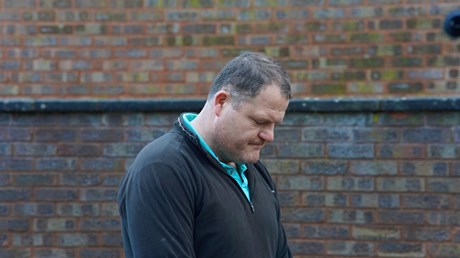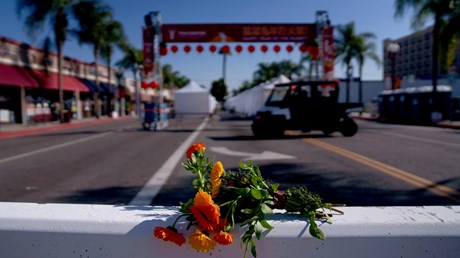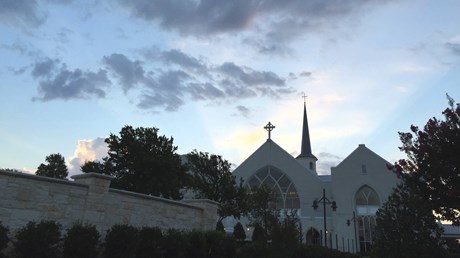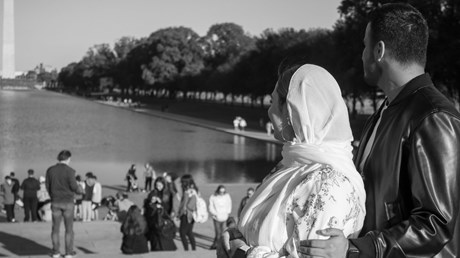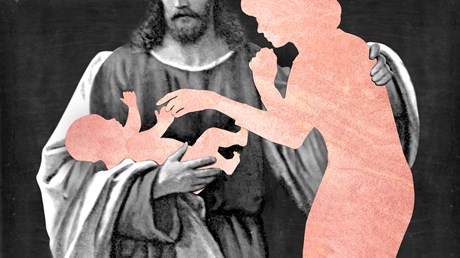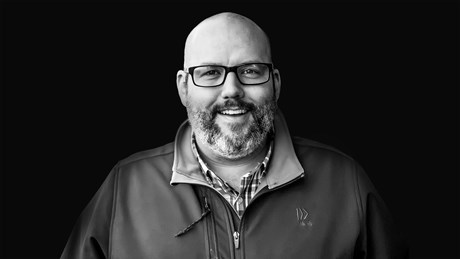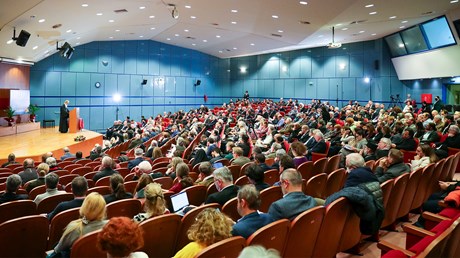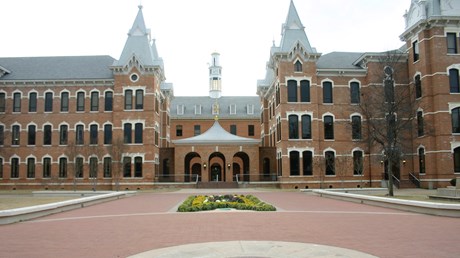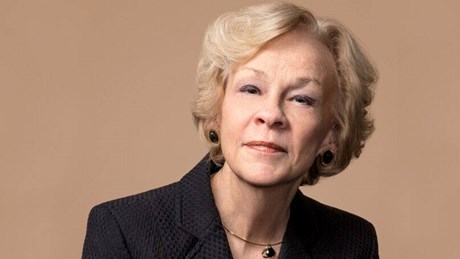My battle with postpartum anxiety challenged the limits I’d placed on how God can heal us.

Pregnancy and postpartum hormones make the world go round—they can create lives and sustain them, but they can also make mothers feel like monsters.
Hormones are the guardians of our sanity, and mine went barreling down the black diamond trail after I had both of my daughters. The challenge of raising a newborn is substantial for those who have normal levels of estrogen and progesterone, but it can be far worse when those hormones are out of balance.
My two girls, Elaine and Olivia, are the apples of my eye, but giving birth to them did a number on me. Within 24 hours of each delivery, I became wracked with anxiety and started losing touch with reality. Icy panic shot through my veins on an hourly basis. I felt exiled from a world of banal, peaceful rhythms.
I can’t remember ever once standing over my newborns’ crib to dote while they slept. I was completely preoccupied with my own sleep, or lack thereof. I rolled in the sheets, listening to my husband’s heavy breathing with envy. I felt completely isolated, abandoned. I tried to sleep everywhere, anywhere. Under my desk. On the floor. Far away from the crib. In my tiny sedan outside.
I eked out a few hours here and there, but each night as the sun set, my anxiety would skyrocket as that “what-if” monster straddled my brain: What if I can’t sleep and I fall apart and lash out at my loved ones and fail to care for my newborn and I disappoint everyone? I wondered, hourly, if I would ever see my girls laugh, toss their hair, and run together in the grass.
The first time around, I didn’t understand what was happening to me—I had heard of postpartum depression, but not anxiety. I had a smooth pregnancy and a natural birth resulting ...
from Christianity Today Magazine https://ift.tt/mcQXoT1
